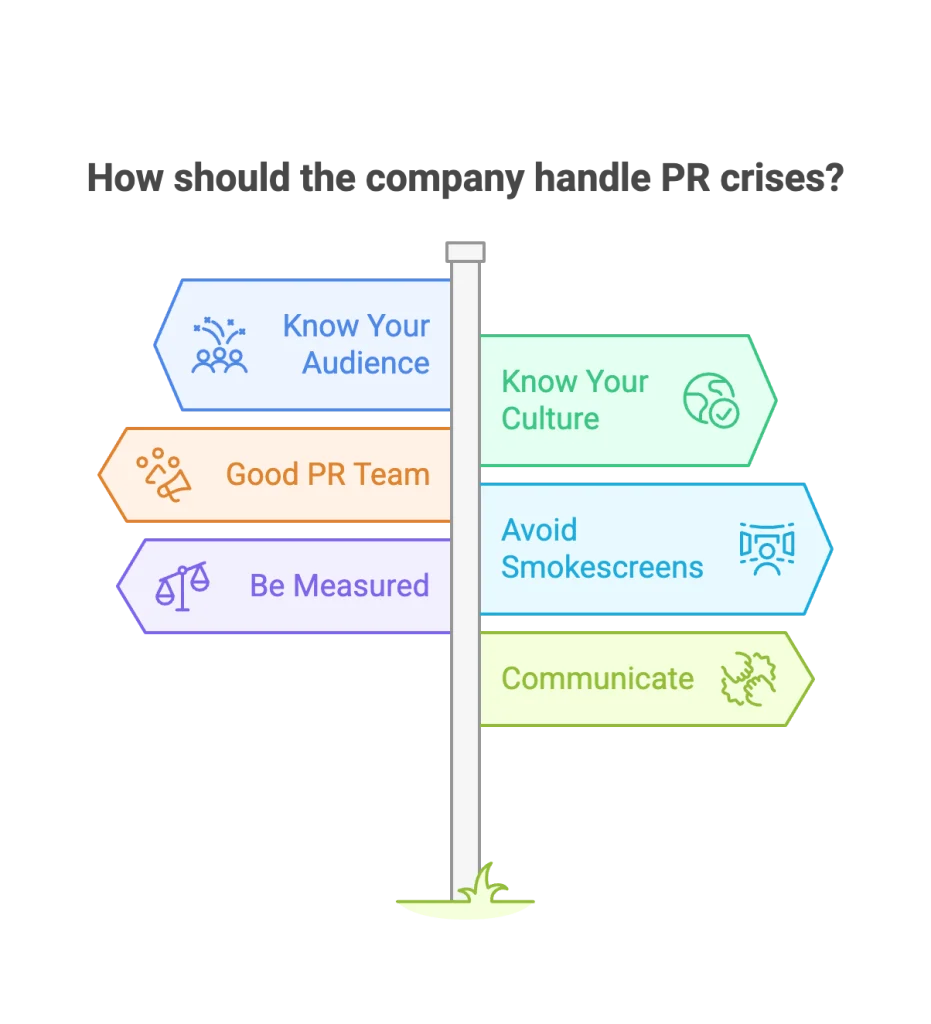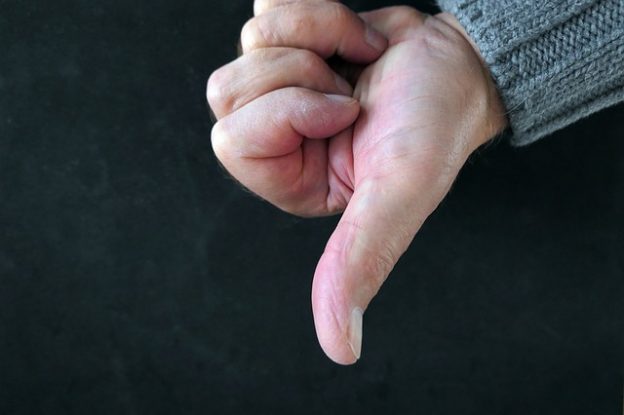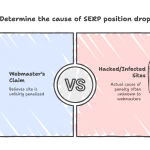Have you heard of the Streisand Effect?
If not, we’ll start the piece off with a bit of a history lesson, courtesy of the Economist. In 2003, singer and actress Barbara Streisand sued the California Coastal Records Project. The organization – whose photographic library features images of nearly the entire California coastline – included photos of Streisand’s cliffside Malibu mansion.
As a result of the lawsuit, Photos that might have reached a few hundred people spread across the entire Internet. And so, a new phenomenon was named, wherein efforts to hide, remove, or censor information ends up having the opposite effect.
The Streisand Effect
Was most recently exemplified by gaming company Blizzard, which banned a professional player, took his prize money, and fired the two casters interviewing him. The reason? Blitzchung, the player, expressed sympathy for Hong Kong protestors.
What followed could easily be described as one of the worst public relations disasters of 2019.
“It is exceedingly likely that no one would have batted an eye over Blitzchung’s statement if Blizzard simply let him collect his winnings and keep playing,” writes Forbes contributor Paul Tassi.
“But its reaction has created an entirely new Western pro-Hong Kong, anti-Blizzard, anti-China movement among the gaming community that spreads Blitzchung’s message far, far past its initial reach, and now Blizzard finds itself in a can’t-win situation where they risk upsetting China (which they were trying to avoid in the first place), or they lose the faith and trust of their Western audience (which may have already happened for many).”
Blizzard’s reaction to Blitzchung’s statement
reads like a playbook on how not to handle bad PR.
First, they overreacted. Had they done nothing – or simply spoken to Blitzchung and asked him to refrain from further commentary after the incident – they may have dealt with a few upset investors, at best.
Now? A letter asking the company to overturn its decision has received bipartisan support in Congress.
Second, once they were in the throes of the press nightmare, they remained silent. Though the company has since apologized for the ban and returned the player’s prize money, the damage has been done. Blizzard delayed its response, letting journalists and fans damage its reputation.
Finally
They failed to change their behavior in any meaningful way. Blizzard admitted it overreacted, certainly. But it has shown no indication that it intends to change its tune.

In short, the company created its own bad press and then proceeded to handle it in the worst way possible. You can learn from Blizzard’s mistakes, though. The lessons from this media firestorm are many and varied:
- Know your audience. Blizzard primarily caters to a younger demographic, many of whom tend to be at least casually political. It should have known that its Western audience would take offense.
- Know your culture. Prior to this incident, Blizzard had established itself as a strong proponent of free speech and freedom of expression. This move runs counter to the organization’s stated values on its website.
- Have a good PR team backing you. One cannot help but wonder what Blizzard’s social and marketing departments were doing during this incident. Because they clearly were not reacting to it in a timely manner, nor were they monitoring social media for a sentiment on the incident.
- Don’t try to put up a smokescreen. If you try to hide a mistake, people will find out about it. If you try to cover up a gaffe, it will only damage your reputation even further when it comes to light. And it will. Own up to your mistakes and make amends immediately. A little authenticity goes a long way.
- Be measured, cautious, and pragmatic. This whole thing kicked off because of a knee-jerk reaction by Blizzard. Don’t make the same mistake. Your marketing team should carefully plan each action beforehand.
- Communicate. Last but certainly not least, engage with your audience. Talk to them. Let them know they matter.
Summary
Blizzard will need time to recover from this scandal. Blizzard made nearly every possible mistake. But by examining that company’s behavior, you can ensure yours doesn’t follow in its footsteps. More importantly, you can ensure that if you do make a mistake, you address it and tackle the bad PR in a fashion that doesn’t end with you being flayed by every major news outlet in the country.



